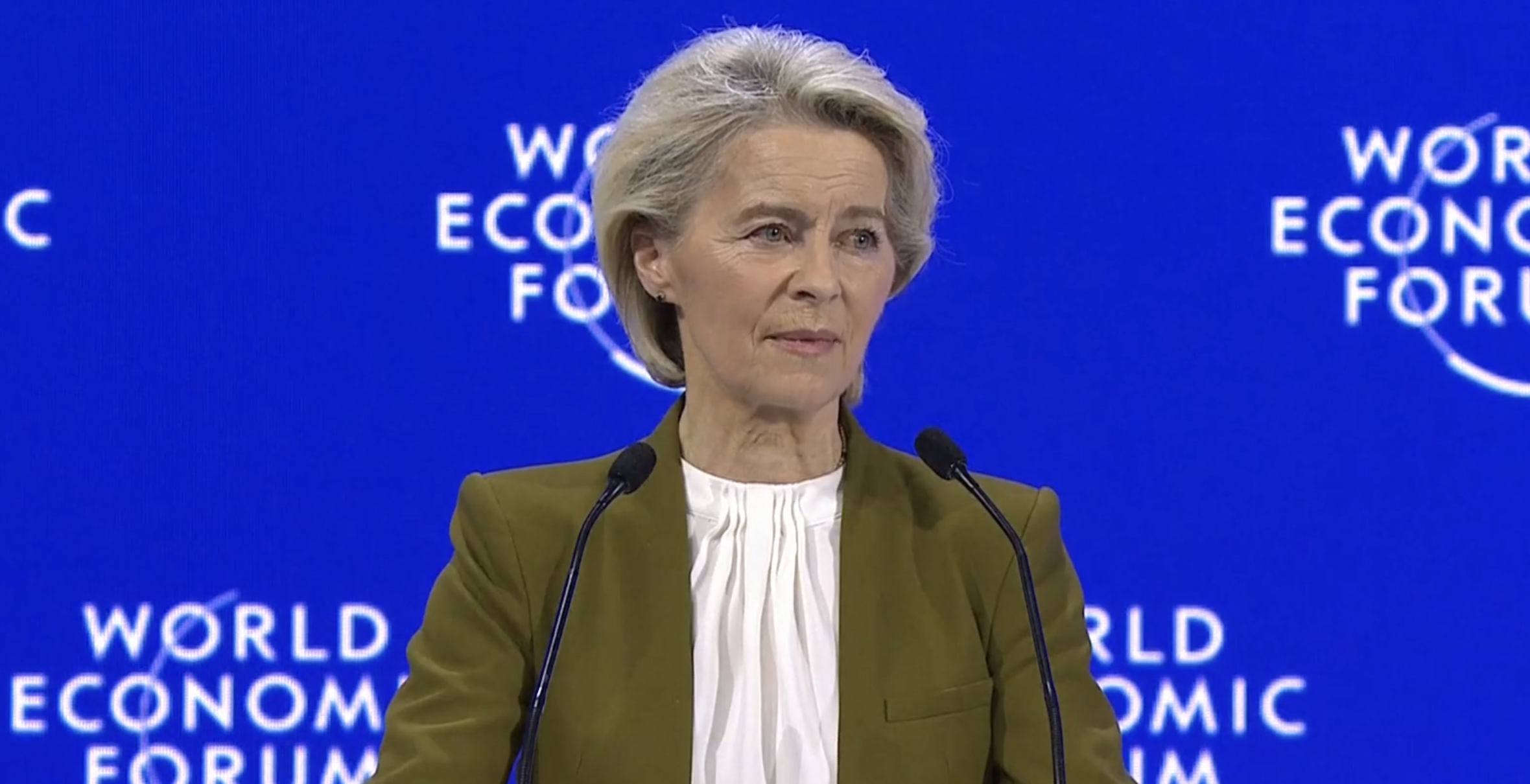I am a proud beneficiary of the UK's Tech Nation Visa Programme. I arrived with my new visa in the UK one month ago, excited to contribute to the tech ecosystem here. I’m loving my new home.
So I was shocked when I read about the decision taken by the UK's Department for Digital, Culture, Media and Sport (DCMS) to award grant funding to Barclays over Tech Nation, the organisation that has run the Tech Nation Visa programme. This is not just because the visa programme’s future is now uncertain, but for what this says about the UK government’s support for the nation’s vibrant tech ecosystem.
Squandered potential
I'm lucky to have an incredible amount of choice as to where I want to pursue my career. Having been raised in the United States, I spent the previous six years investing and operating across the Middle East until I decided to relocate to the UK, following a number of my business school peers and talented colleagues from ride-hailing giant Careem. I chose the UK because talent is the cornerstone of any robust technology ecosystem and resilient economy.
Unfortunately, the UK’s potential is being squandered. The absence of progressive policies and support for technology companies, especially in the wake of Brexit, has left the local ecosystem like a ship without a rudder. For example, in a recent survey of 267 UK tech startups by lobby group Coadec, “84% said they were concerned they would have to look at offshoring more tech development” in the wake of cuts to research and development tax credits. Some startups are already relocating overseas.
Withdrawing Tech Nation's funding sends a signal to the ecosystem that this government looks at technology as more of an ESG project than a pillar of the British economy. The poor communication hasn't helped; lack of clarity on the Home Office's policy for Tech Nation-endorsed visa holders set the Tech Nation community Slack group ablaze with fear, prompting endless threads of questions on what will happen to our visas and whether or not our applications for Indefinite Leave to Remain will be affected. There’s also been no shortage of feedback regarding DCMS’s decision to award the grant to an organisation rife with conflicts of interest and a poor track record with supporting early-stage companies.
This panic, coupled with the struggling economy, could encourage current and prospective immigrants to look elsewhere for a home.
Talent is the cornerstone of any technology ecosystem
This isn't hyperbole; we've seen this scenario play out twice in the past five years; first, during the Trump administration's travel ban, which disproportionately affected Iranian immigrants. Like Tuesday's announcement, the communication and impact to visa holders were unclear and resulted in nationwide panic. Not without irony, the UK was the beneficiary of the policy and courted US tech workers.
Secondly, we continue seeing a mass exodus of tech talent from Russia. After Russia's invasion of Ukraine in 2022, a Russian tech industry trade group estimated that between 50k-70k tech workers had left the country by March 22 and that an additional 70k-100k would soon follow.
In today's globalised world, building technology hubs necessitates attracting global talent: a 2022 National Foundation for American Policy brief found that immigrants have started 55% of America's technology unicorns and that almost 80% of America's unicorns have an immigrant founder or an immigrant in a key leadership role, thanks mainly to the H1-B visa. Over a quarter of the 2,500 individual visa holders endorsed by Tech Nation to date manage their own company, and many others are high-value employees in UK tech firms.
While the UK can still be proud of its impressive flock of unicorns, emerging tech hubs are starting to wake up to the importance of wooing international talent. La French Tech, Startup Tech Visa Portugal, Canada's Global Talent Stream and the UAE's Golden Visa are all attractive options for technology professionals and founders looking to immigrate.
And I still haven’t mentioned how the UK’s tech ecosystem contributes to overall economic growth. In 2019 alone, the digital sector contributed £150.6bn to the UK economy, accounting for 7.6% of gross value added, a proxy for economic activity.
The clock is ticking. To belay fears and remain globally competitive, the UK government should consider the following objectives proposed by executives and investors in the British tech ecosystem in an open letter to the government:
- The government commits in the long term to the key support to startups that is put at risk by this potential change (including the visa system, promotional work that is done for the sector across the globe and the front door for investors and businesses with government).
- Providers of government-backed support should be grounded in the startup ecosystem and local ecosystems across the country — not looking to ride on its coattails.
- The new arrangement should add support to the startup ecosystem, not subtract it.
Many nations building together
In the year leading up to our acquisition by Uber, Careem had a mural painted on the wall next to our canteen in our Dubai headquarters with the faces of many of our colleagues. Across the mural was written “First, Our People” recognising that the organisation’s most important asset was its people. These colleagues had gathered from all around the world to build a purpose-driven company and reshape the local technology ecosystem around them. Every person was a leader and key contributor to our success — and each was a migrant and the recipient of a work residency permit.
I have lived in cities from New York to Singapore. Still, I proudly call London my home now. I want to be a part of building a tech ecosystem that rivals that of San Francisco — and I know my fellow Tech Nation visa holders do too. We’re ready to build — but will the UK government be there to support us?



